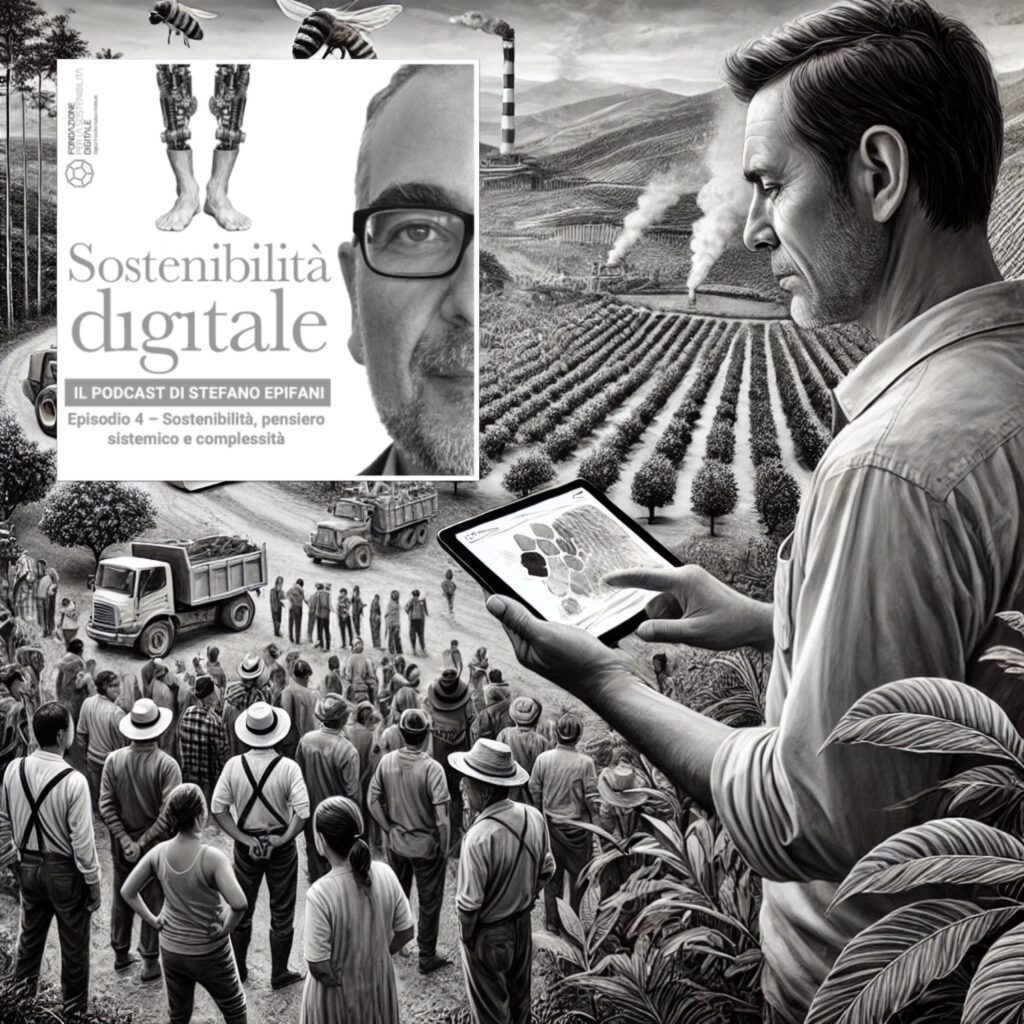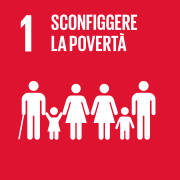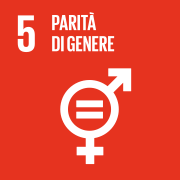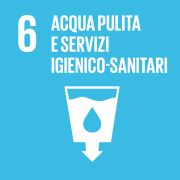
| Spreaker | Spotify | Apple podcast | Amazon Music |
Every choice we make, in every sphere, has consequences that propagate in often unpredictable ways. It is the logic of complexity, which is fully relevant to sustainability and explains why – in this context – technology is indispensable.
But are we really ready to handle this complexity? In the new episode of Digital Sustainability, we explore the link between sustainability, systems thinking and complex systems, to understand why simplistic choices are mistaken for simple solutions, and rarely work.
As always, we start with a story: Luis lives in a village in the Cauca Valley in Colombia and has seen with his own eyes the devastating effects of deforestation: fewer bees, fewer crops, less future. But instead of giving up, he decided to act. With the help of technology, he tracked the decline of the bees and involved the community in a reforestation and sustainable agriculture project. The result? A profound and unexpected change that has improved not only the environment, but also the local economy.
Sustainability is a system issue
Luis’ story teaches us that sustainability is never an isolated problem, but the result of complex balances between economy, society and environment. Thinking to solve a crisis with a single solution often brings more harm than good. Therefore, in this episode we will answer questions such as:
– Why are environmental, economic and social problems always interconnected?
– What is the difference between a complicated system and a complex system?
– What are the most common mistakes in trying to simplify sustainability challenges?
From uncertainty to adaptability
In complex systems, every change generates chain effects that are difficult to predict. We cannot control everything, but we can adapt. Sustainability requires analytical skills, but also flexibility in strategies.
– How can uncertainty in sustainability choices be managed?
– Which technological tools help us understand complex systems?
– How to avoid simplistic approaches that lead to ineffective solutions?
The role of technology
Digital can help us interpret complexity: from big data to predictive models to participatory governance platforms. But if misused, technology can amplify inequalities instead of resolving them.
– How can digital technology support better decisions for sustainability?
– What are the risks of blindly relying on technology?
– How to balance innovation and social responsibility?
Understanding complexity is the first step to dealing with it.
















